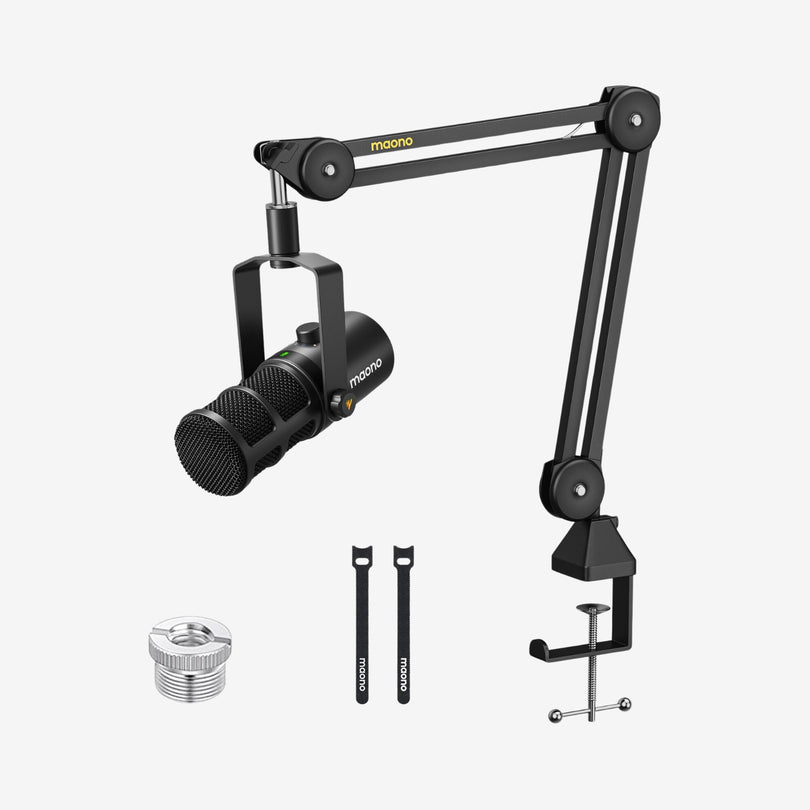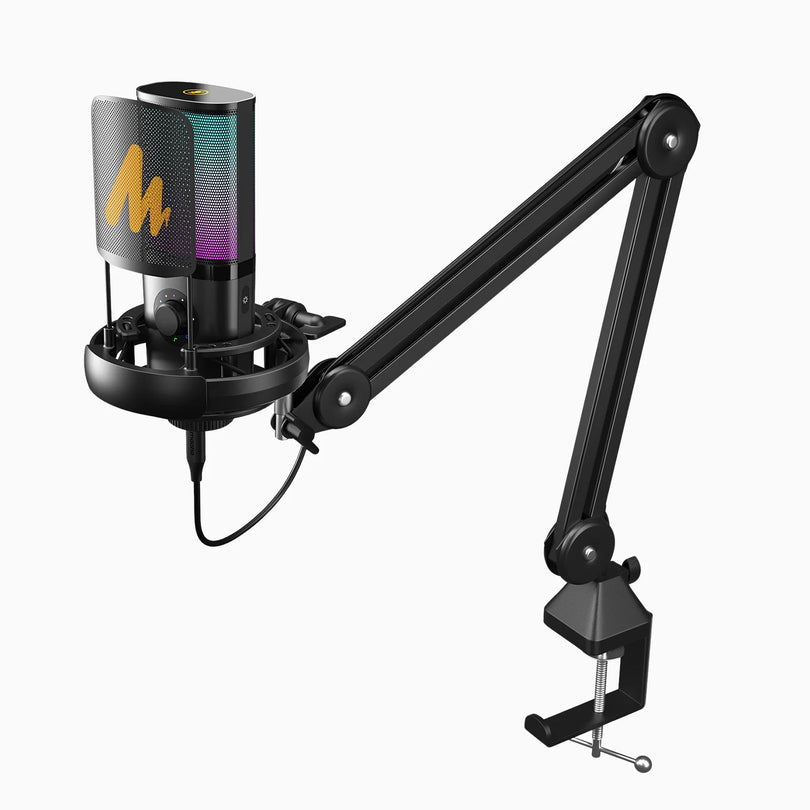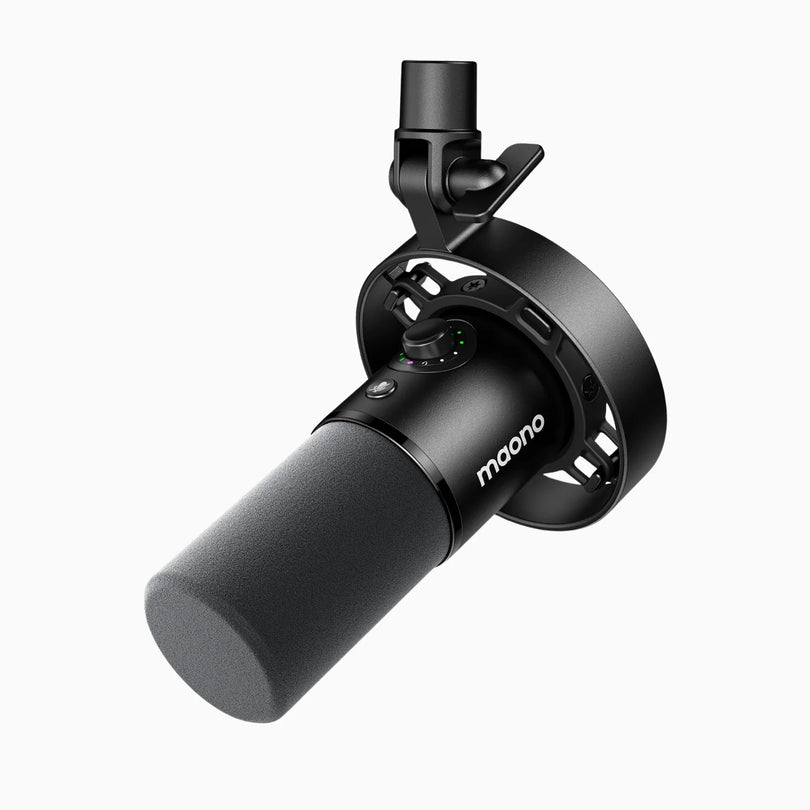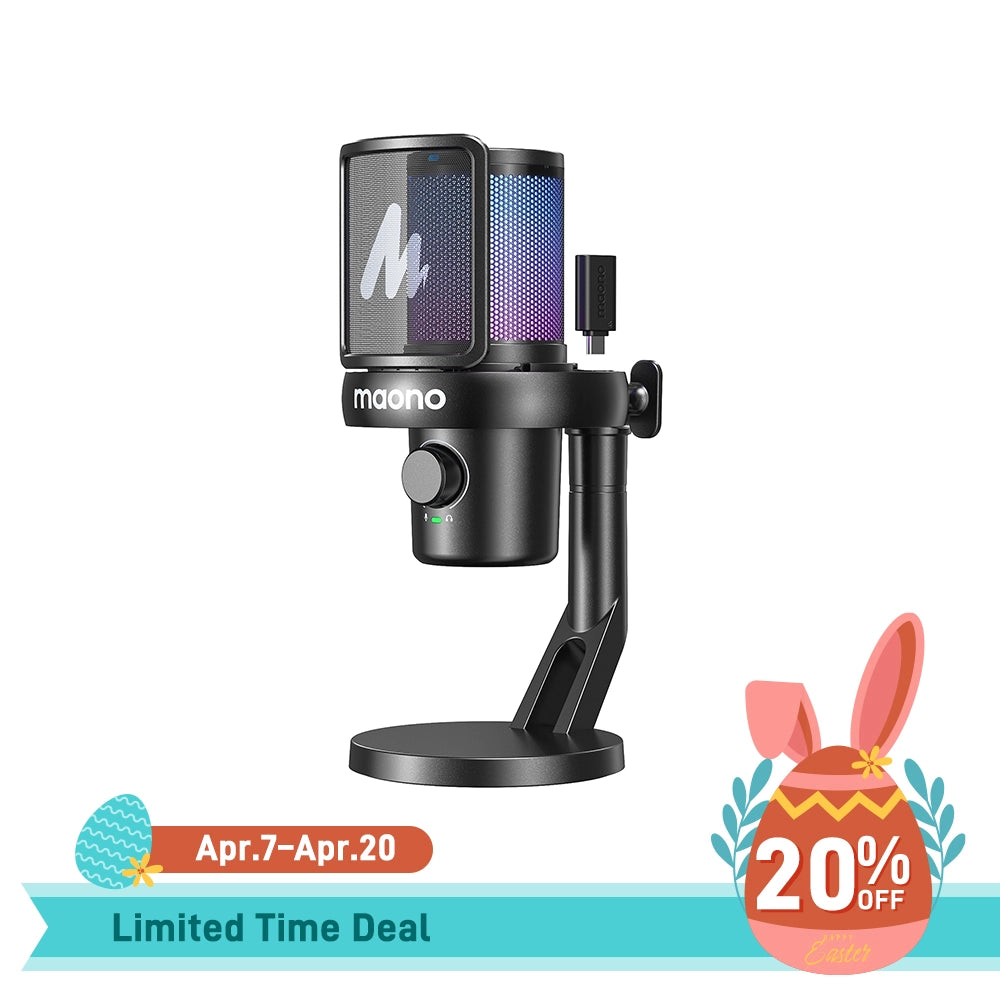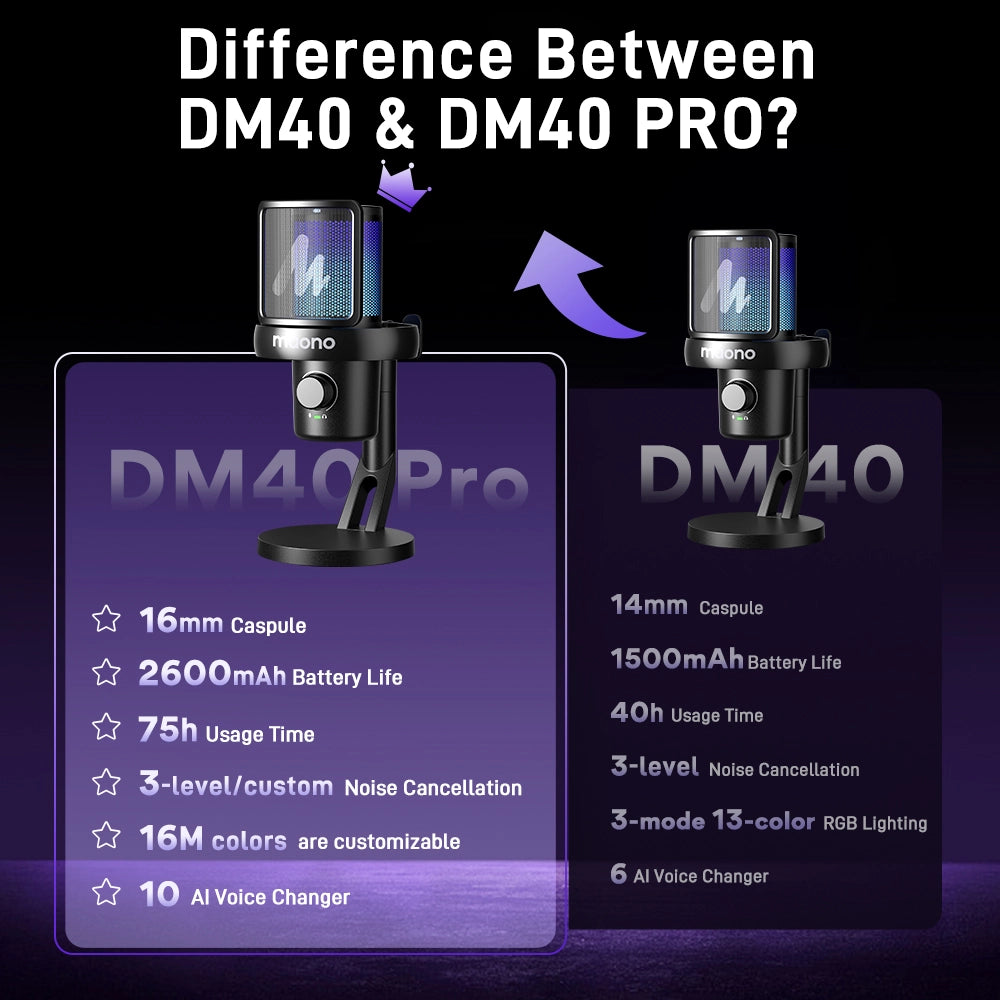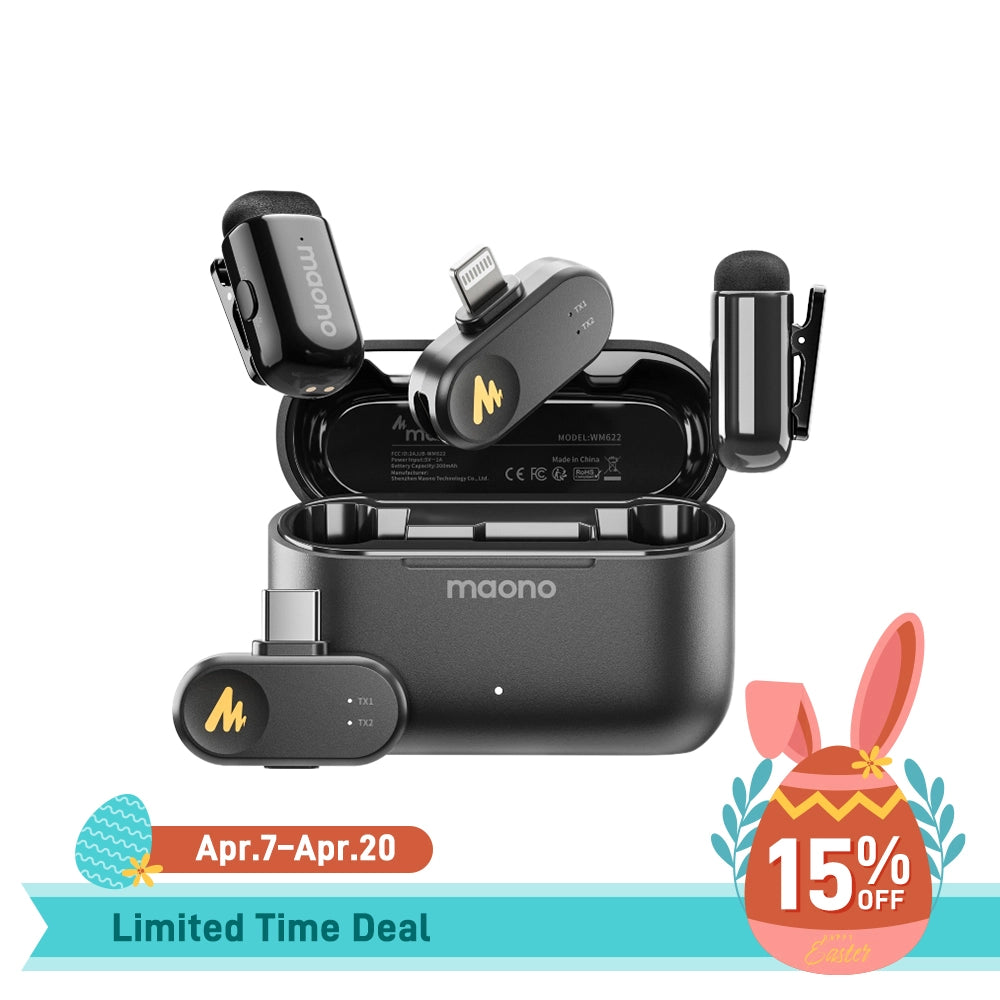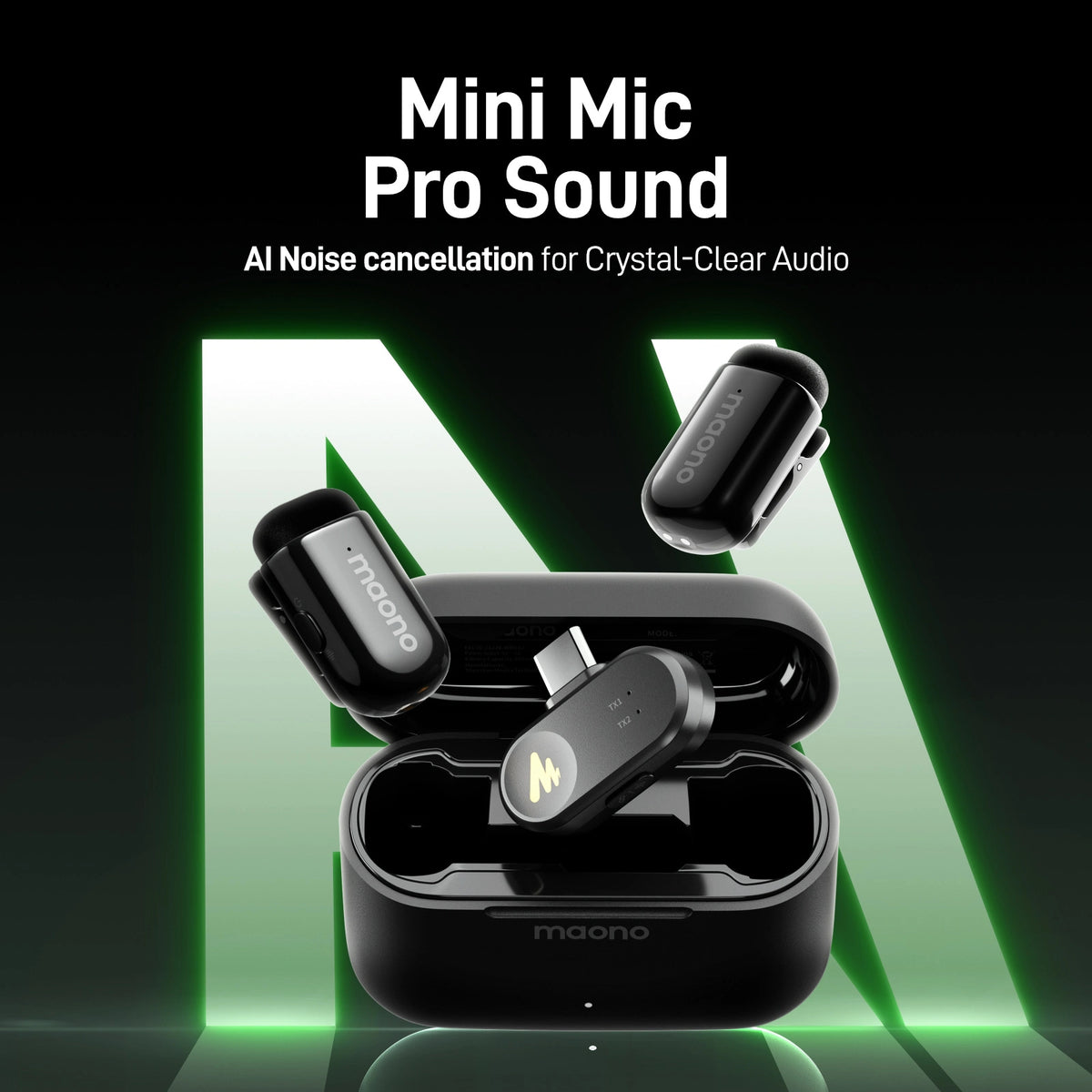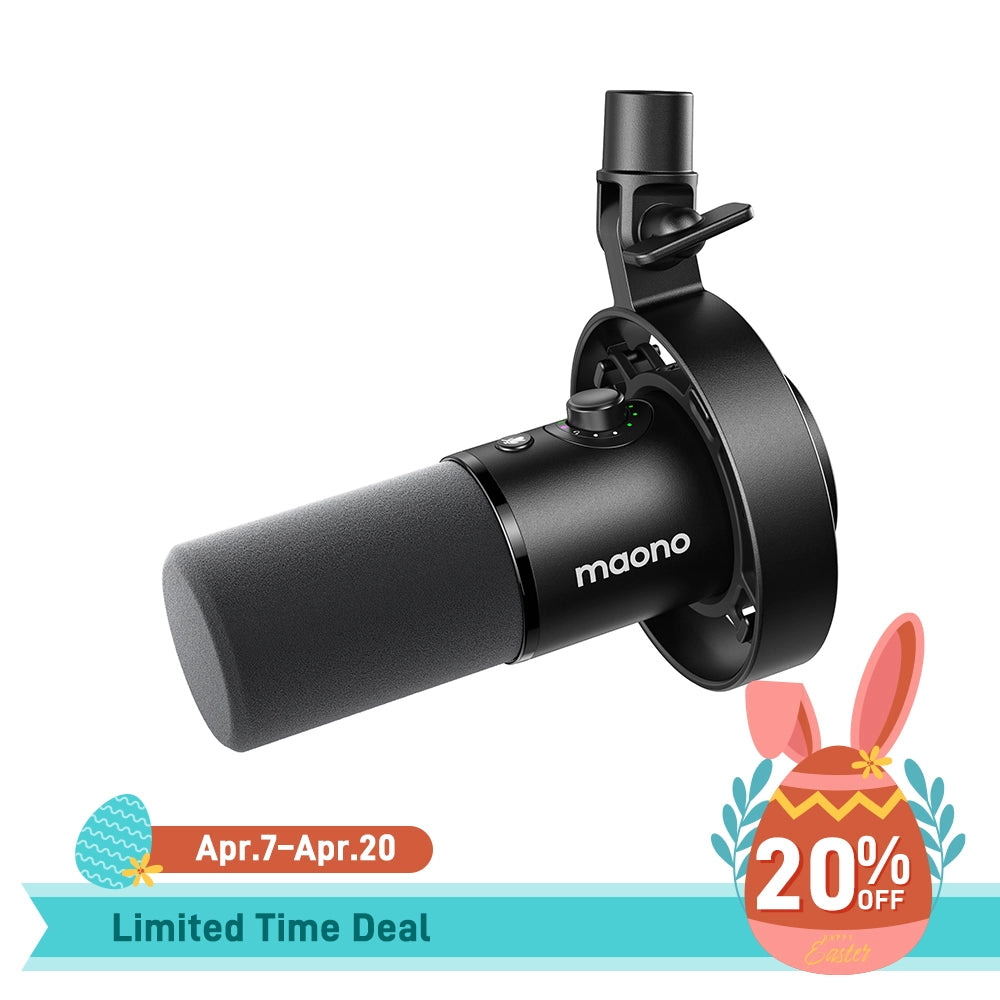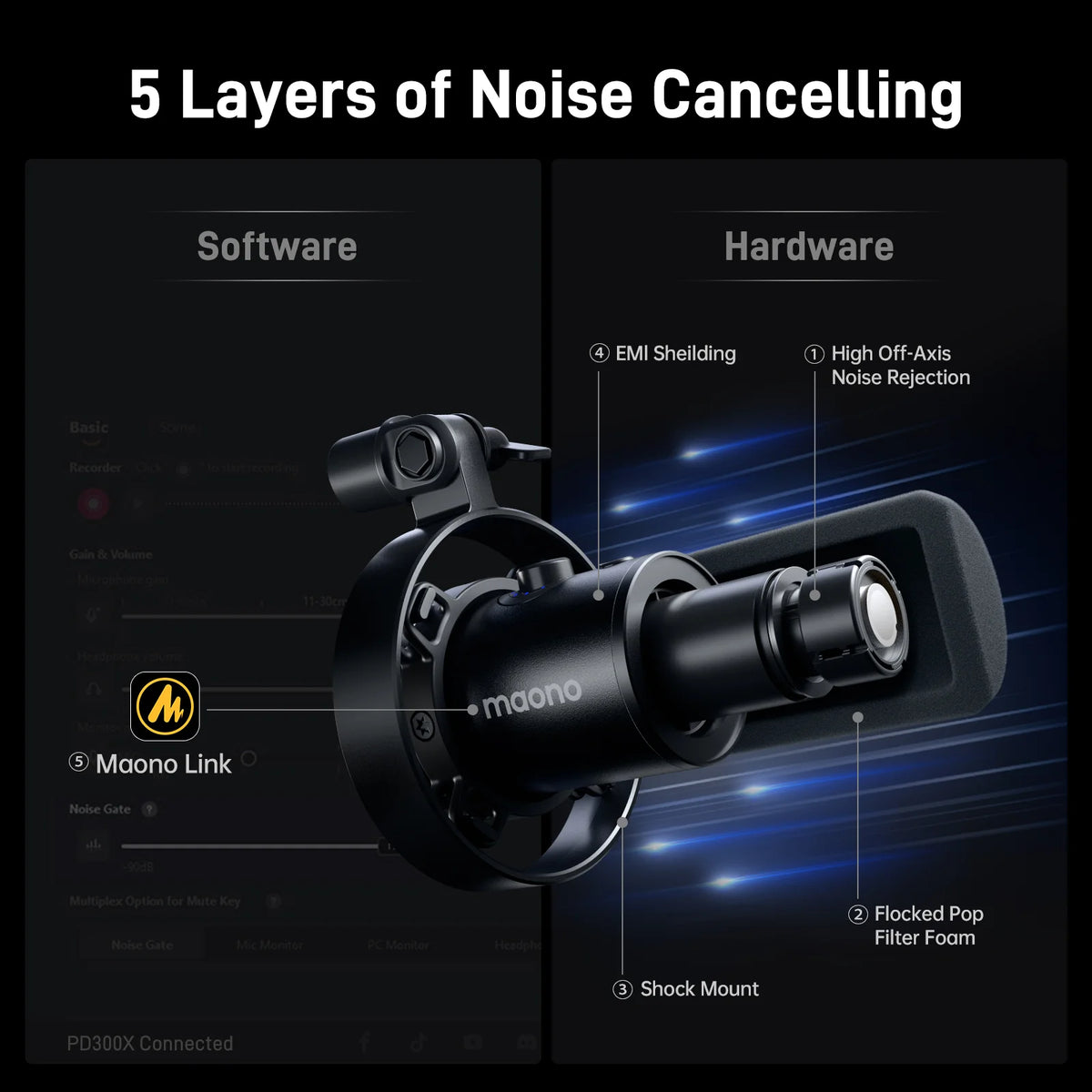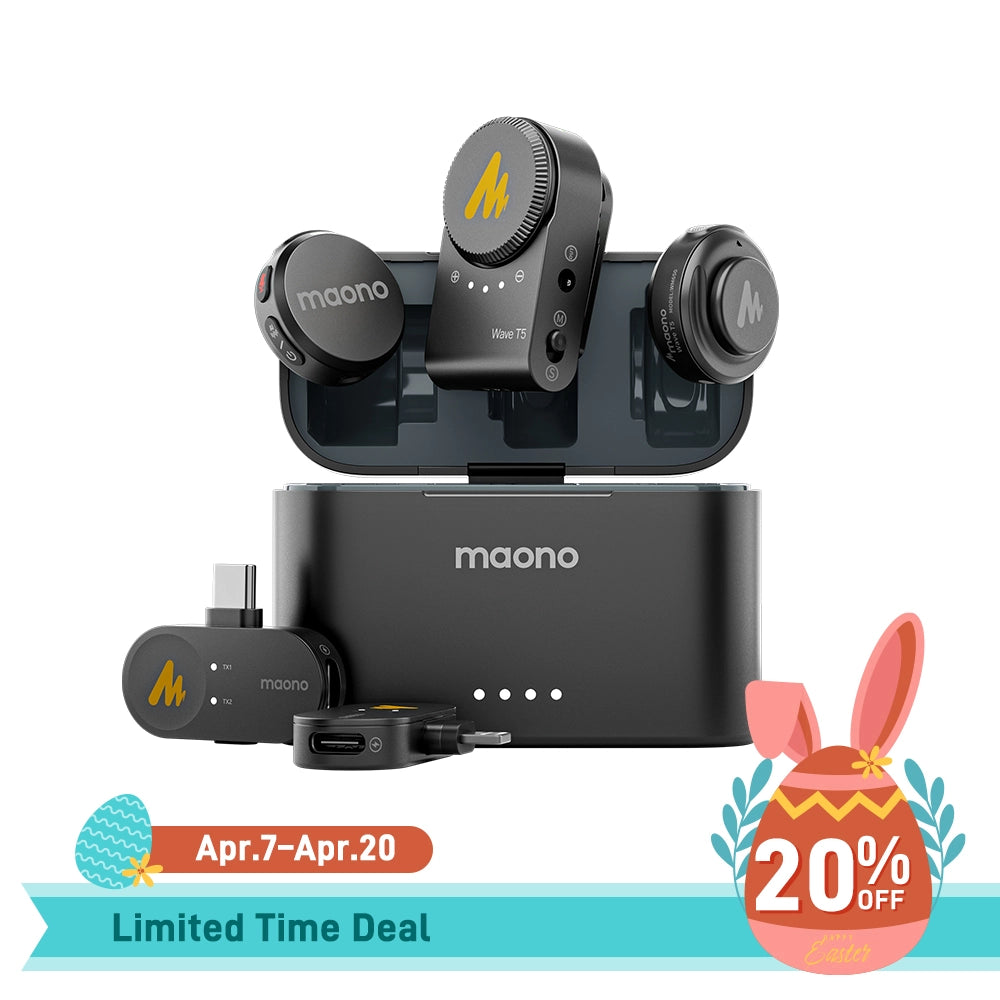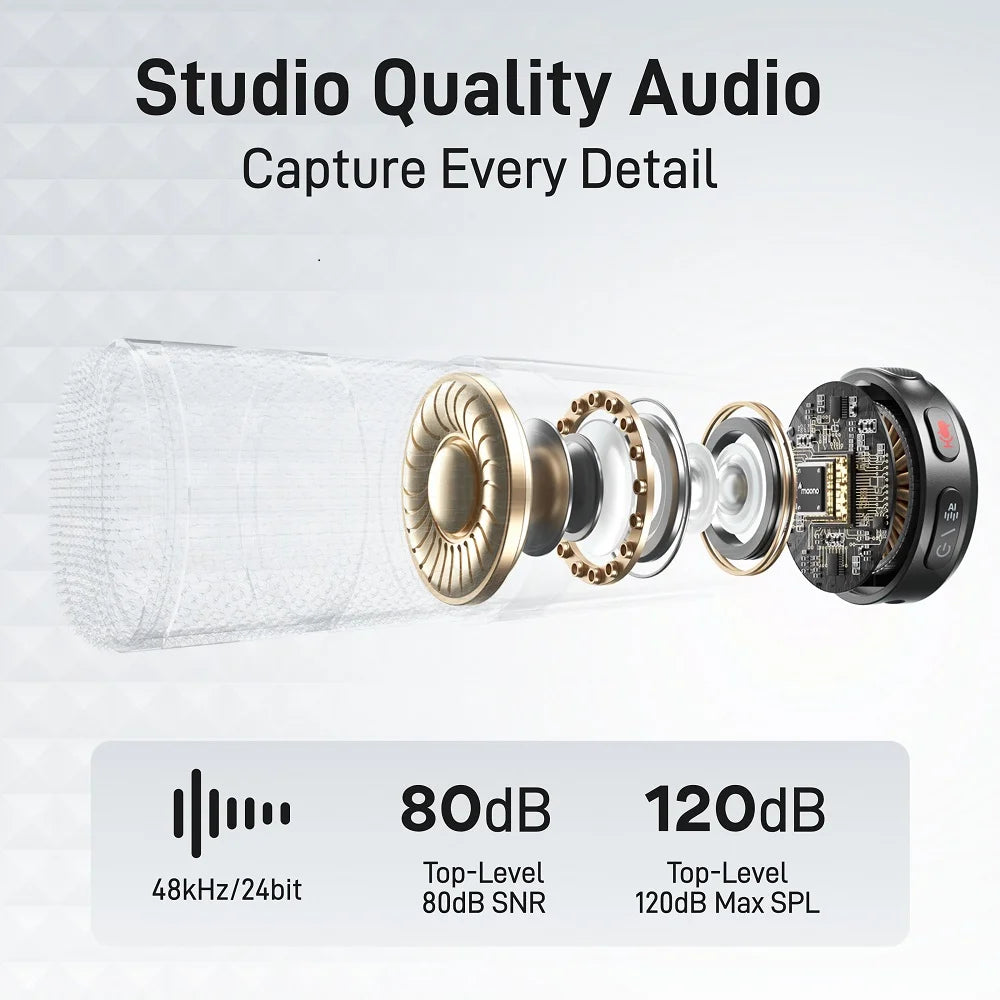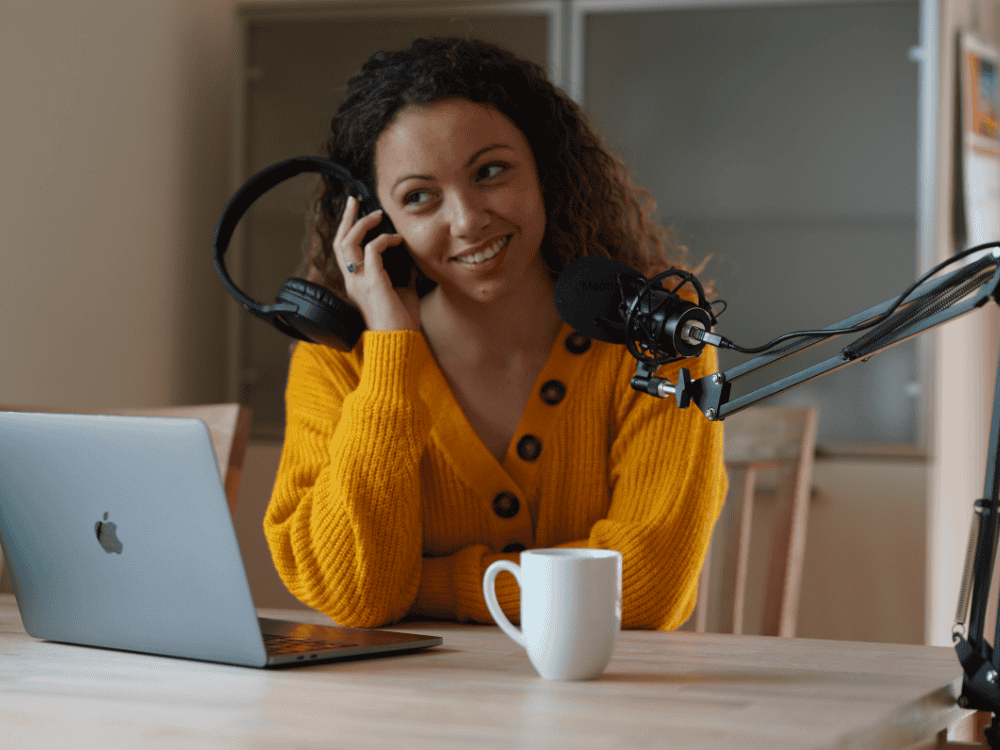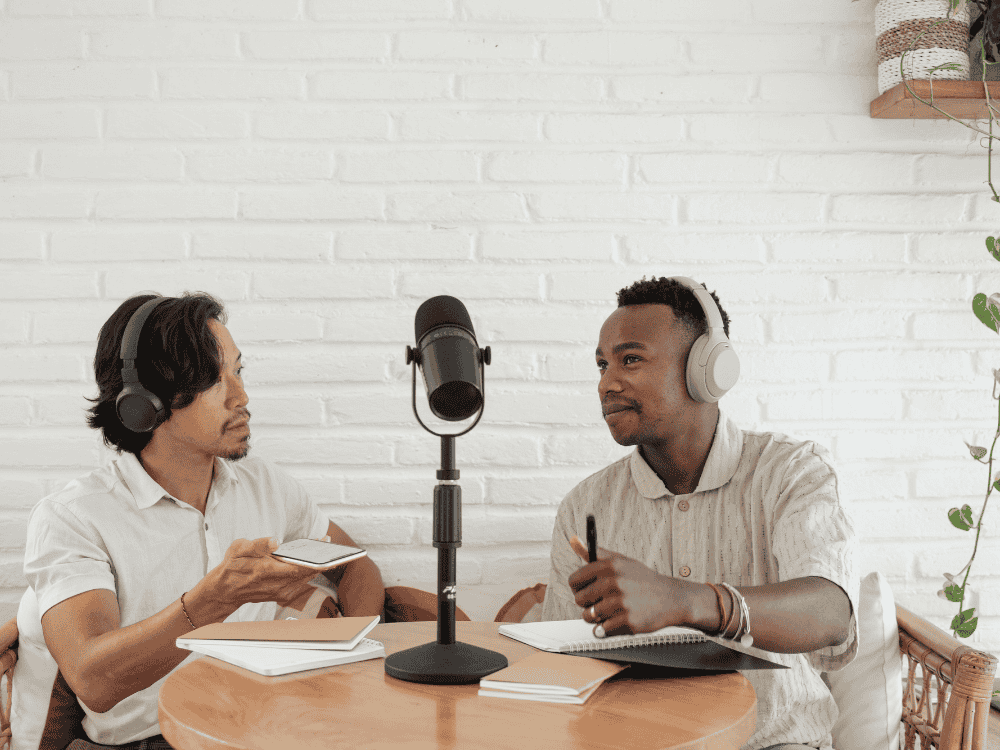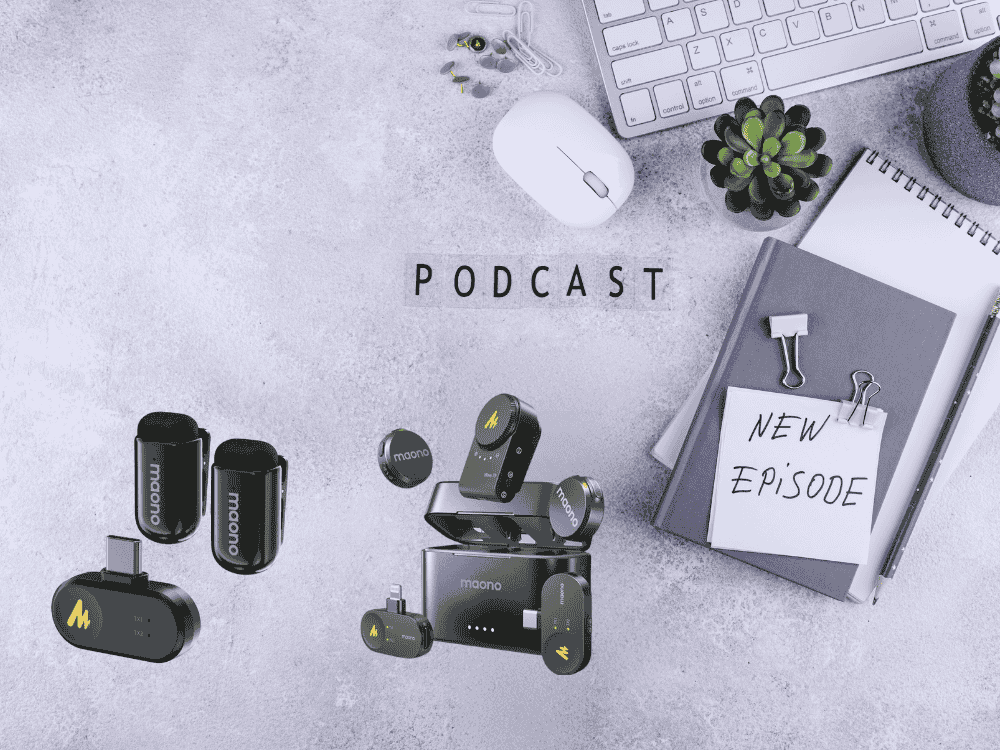Podcasting has exploded in popularity in recent years, transforming from a niche medium into one of the most accessible and influential platforms for sharing ideas, stories, and news. Whether you're tuning in on your commute, while working out, or in the morning with a cup of coffee, podcasts are an incredibly versatile way to consume content. In this guide, we will dive into some top podcasts, essential tools for podcast creation, and expert tips for starting your show.
What is a Podcast?
A podcast is a digital audio file or series of episodes that can be streamed or downloaded online, often available through apps like Apple Podcasts, Spotify, or Google Podcasts. Podcasts can cover a variety of topics, from news and entertainment to business and education. Episodes can be short or long, conversational or scripted, and produced by amateurs or professionals alike. The beauty of podcasting is its accessibility—anyone with a podcasting microphone and an internet connection can create one.
Popular Morning Podcasts
Starting the day with an informative or entertaining podcast can set a positive tone. Here are a few of the most popular morning podcasts:
- The Daily by The New York Times: This is one of the most listened-to news podcasts, offering insightful 20-minute episodes on major stories happening around the world.
- Up First by NPR: If you want a quick roundup of the day’s news, this 10-minute podcast is perfect for a fast morning catch-up.
- How I Built This with Guy Raz: This is a must-listen for entrepreneurs, featuring inspiring interviews with innovators and founders of successful companies.
Best Resources for Podcasts on Startups and Entrepreneurship
For budding entrepreneurs, podcasts provide invaluable insights into the world of startups and business growth. Here are some of the best resources for those interested in this field:
- The Tim Ferriss Show: Tim Ferriss talks to world-class performers and entrepreneurs, providing actionable tips for success.
- Masters of Scale with Reid Hoffman: Hoffman, the co-founder of LinkedIn, interviews entrepreneurs to break down how they scaled their businesses.
- StartUp by Gimlet Media: This podcast offers a behind-the-scenes look at what it’s like to build a startup, from idea to execution.
If you're just starting and need an all-in-one solution for podcasting, consider using platforms like Anchor or Buzzsprout. These tools make it easy to record, edit, and distribute your podcast without needing professional equipment.
Best Ways to Record a Phone Interview for a Podcast
Recording interviews over the phone is a common practice for podcasters, especially when your guest is in a different location. There are several ways to capture high-quality audio for your podcast:
- Use Zoom or Skype: Both platforms allow you to record the conversation with decent audio quality. Simply download the recording and edit it for your podcast.
- Use a call recording app: Apps like TapeACall for iOS or Call Recorder for Android make it easy to record phone interviews.
- Connect your phone to your podcast equipment: Some audio interfaces or mixers allow you to connect a phone directly, ensuring the highest sound quality during the interview.
Essential Podcasting Equipment & Software
When it comes to starting a podcast, having the right tools is essential to producing clear and professional-sounding audio. Here are the most important pieces of equipment and software you'll need:
- Microphone: A high-quality microphone is a must. USB microphones like the Blue Yeti or Maono PM422 are popular choices for beginners.
- Headphones: To monitor audio while recording, you'll need a pair of good headphones like the Audio-Technica ATH-M50x or Sony MDR7506.
- Audio Interface: If you’re using an XLR microphone, an interface like the Focusrite Scarlett 2i2 allows you to connect it to your computer.
- Recording Software: Software like Audacity (free) or Adobe Audition (paid) enables you to record and edit your podcast.
- Pop Filter: A pop filter helps reduce plosive sounds (like P’s and B’s) that can distort audio when recording close to the mic.
- Boom Arm or Mic Stand: A boom arm keeps the microphone in place, freeing your hands and improving comfort during long recording sessions.
Top 7 Podcast Microphones
When setting up a podcast studio, selecting the right microphone is key to delivering high-quality sound. Here are seven top podcast microphones, including two from Maono:
1. Shure SM7B
A professional dynamic microphone favored by high-end podcasters for its excellent voice clarity and noise isolation.
2. Rode NT-USB
This versatile USB microphone offers high-quality sound and is ideal for recording in untreated rooms.
3. Audio-Technica AT2020
Known for its durability and clear sound, the AT2020 is a favorite for podcasters on a budget.
4. Blue Yeti X
One of the most popular USB microphones for podcasters, it delivers crisp and clear audio with multiple polar patterns.
5. Samson Q2U
A budget-friendly dynamic microphone with both USB and XLR outputs, providing great value for beginner podcasters.
6. Maono PD100

The Maono PD100 Podcast XLR Microphone with Boom Arm Set is designed to deliver broadcast-quality sound through its dynamic core and built-in pop filter, offering noise isolation and clear audio across a frequency range of 60Hz-14kHz. It features a cardioid polar pattern and XLR connectivity, making it ideal for podcasting, streaming, and home studio recording. The set includes a sturdy, adjustable boom arm and is compatible with various audio interfaces and mixers, including the Maonocaster AME2, enhancing both ease of use and versatility
7. Maono PD400X

Another high-quality option from Maono, this dynamic microphone is perfect for capturing rich vocals in a podcast setting. The Maono PD400X USB/XLR Dynamic Microphone offers dual connectivity, allowing creators to connect via USB or XLR, making it versatile for use with both computers and traditional audio mixers. It features a cardioid polar pattern, excellent for reducing background noise, and includes a 3-in-1 knob to control gain, headphone volume, and monitor mix. Additionally, the microphone comes with Maono Link software, which provides advanced audio processing options like EQ, limiter, and compressor, enhancing the recording experience.
III. FAQs
How Do You Record a Podcast? Is It Important to Have Your Studio?
Recording a podcast can be as simple or as complex as you make it. For beginners, a basic setup with a USB microphone, headphones, and a computer with recording software is enough to start. You don’t need a professional studio; however, recording in a quiet room with minimal background noise will significantly improve your audio quality.
If you're more advanced, investing in soundproofing panels, a boom arm, and an XLR setup can enhance the quality of your recordings. In the end, the studio isn’t as important as the content you produce. Many successful podcasters record in their homes or offices without dedicated studios.
What is the Recommended Time for Recording a Podcast?
Podcasts typically range from 20 to 60 minutes, depending on the format and subject matter. For conversational podcasts or interviews, aim for around 30–45 minutes per episode. Listeners tend to prefer episodes that are long enough to explore a topic thoroughly but short enough to maintain attention.
It’s essential to consider your audience’s preferences when determining your podcast length. Consistency in length also helps set listener expectations.
What Mobile Apps Are Good for Podcast Listening?
Several apps make it easy to listen to podcasts on the go. Here are a few of the best:
- Apple Podcasts: One of the most popular podcast platforms for iOS users, offering an extensive library and user-friendly interface.
- Spotify: With free and premium options, Spotify is ideal for discovering new podcasts and listening to your favorite shows.
- Pocket Casts: A powerful podcast app with customizable settings, making organizing and following your favorite podcasts easy.
- Google Podcasts: This app is available on both Android and iOS and integrates with Google Assistant, making it easy to search for and listen to podcasts.
IV. Conclusion
Podcasting has become a powerful medium for content creators, entrepreneurs, and everyday storytellers. With the right tools, techniques, and commitment, anyone can start a podcast and reach an audience worldwide. Whether you’re interested in learning from top entrepreneurs, improving your podcasting setup, or just getting inspired, there are countless resources available to guide you along the way.
From popular morning podcasts to expert tips on setting up your studio, this guide provides everything you need to embark on your podcasting journey. By choosing the right equipment, refining your recording techniques, and staying consistent, your podcast could be the next hit in this ever-growing industry.


